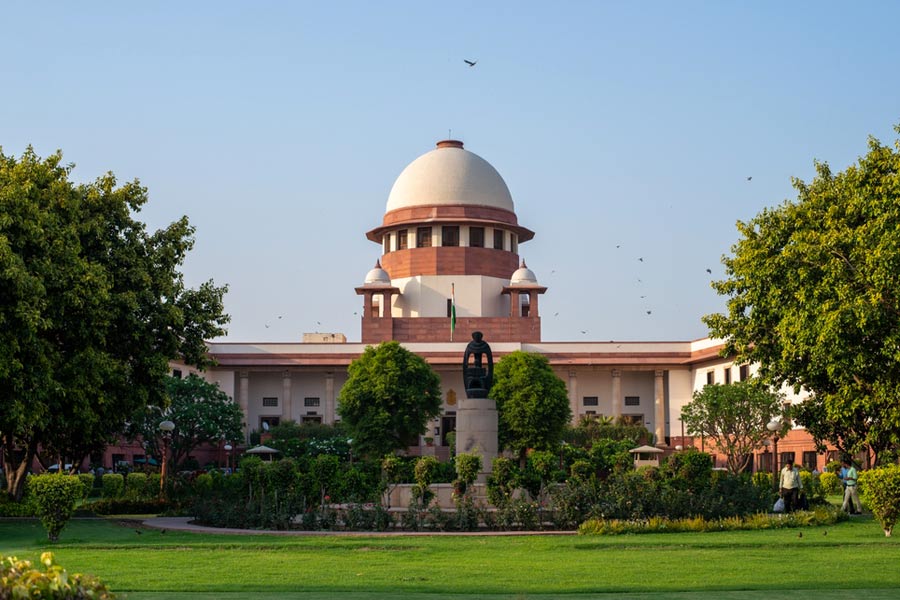The Supreme Court’s sharp rap on the knuckles of Patanjali Ayurved is welcome. Contempt proceedings had been initiated after the company was found guilty of continuing to publish misleading advertisements endorsing its products in violation of the directives of the highest court. What is especially heartening is the balanced approach taken by India’s highest court. It has questioned the efficacy of the Uttarakhand State Licensing Authority for its inertia in the Patanjali case while making it clear that its concern was not limited to this particular instance of transgression: the widely prevalent tendency of fast-moving consumer goods firms to issue deceptive information, much like that of the errant ayurveda company, was on its radar too. Asserting that no compromises can be made when public health is at stake, the two-judge bench impleaded the Union ministries of consumer affairs and information and broadcasting, the drug controllers and licensing authorities of all states and Union territories besides the National Medical Commission to rein in not just FMCG companies but also allopathic doctors accused of unethical conduct. The court’s reprimand is necessary and timely and must raise public awareness about numerous lapses. Misleading advertisements of ayurvedic medicine are not the only malaise. Damning reports about the presence of harmful substances in packaged foods — be they high levels of lead and monosodium glutamate in Maggi noodles, excess sugar in baby formula sold in India and, most recently, Hong Kong’s banning of Indian spices for containing a carcinogenic substance — point to serious chinks in the armour of regulatory institutions. One in four food samples, the Food Safety and Standards Authority of India says, failed safety tests in the last three years.
Regulatory oversight, combined with duplicitous information, violates consumers’ right to make informed choices and calls into question the State’s commitment towards public health. There is another, relevant dimension to the crisis: potential damage to India’s trade relations with other nations. The recent ban on 527 Indian products by the European Union for containing cancer-causing substances or the death of children in other countries after consuming cough syrup manufactured by Indian pharmaceutical companies shows India’s regulatory mechanism in poor light and can have a detrimental effect on the nation’s export volume. Food safety authorities, the government, the media and the people cannot afford to ignore the Supreme Court’s clarion call on safeguarding consumer rights and public health.











